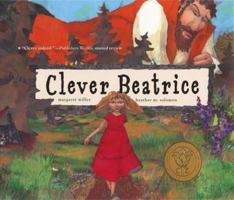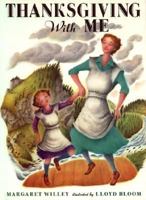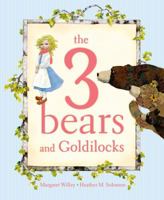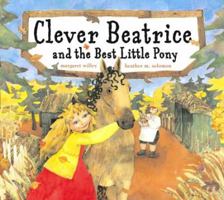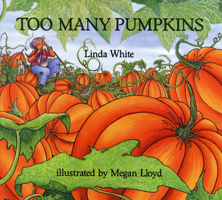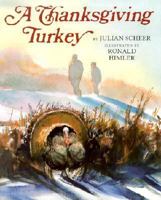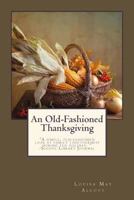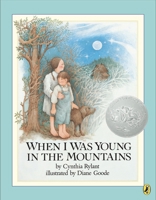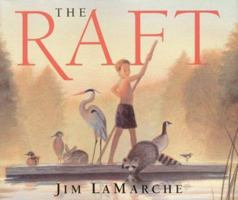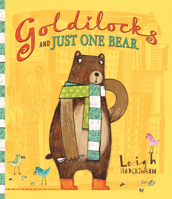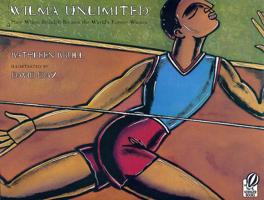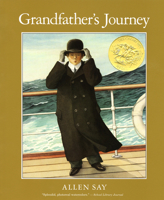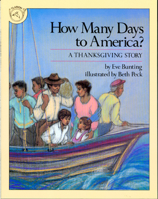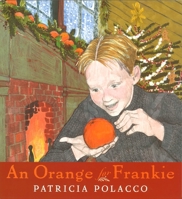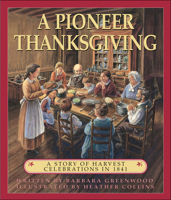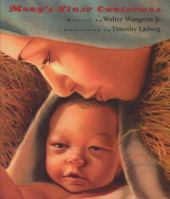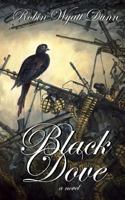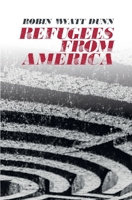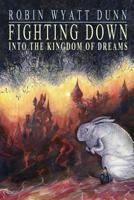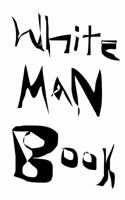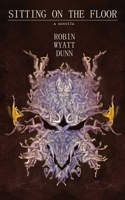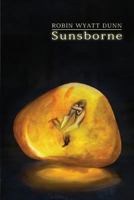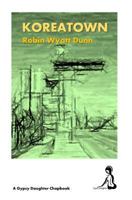The bigger book of Lydia
Select Format
Select Condition 
You Might Also Enjoy
Book Overview
Religious life in Canada has changed dramatically in recent decades due to secularization and the population shifts resulting from urbanization and immigration. New varieties of pluralism have emerged, entailing massive changes in a culture once assumed to be almost uniformly Christian. God's Plenty examines the religious landscape of Kingston, Ontario, in the twenty-first century. The rich religious life of Kingston a mid-sized city with a strong sense of its history and its status as a university town is revealed in a narrative that integrates material from sociological and historical studies, websites, interviews, religious and literary scholarship, and personal experience. In Kingston, as in every Canadian city, downtown parishes and congregations have dwindled, disappeared, or moved to the suburbs. Attendance at mainline churches and their political authority has declined. Ethnic diversity has increased within Christian churches, while religious communities beyond Christianity and Judaism have grown. Faith groups have split along liberal and conservative lines, and the number of those claiming to have no religion or to be spiritual but not religious has increased. Yet amidst all this, religion continues to be evident in institutions and public life and important to the lives of many Canadians. God's Plenty , a ground-breaking contribution to the study of religion in Canada and a model for future community-based research, is the first overview of the religious topography of a Canadian city, telling the story of various faith communities and adding to the study of religious diversity and multiculturalism. This description may be from another edition of this product.
Format:Paperback
Language:English
ISBN:1933859377
ISBN13:9781933859378
Release Date:January 2008
Publisher:Intercollegiate Studies Institute
Length:425 Pages
Weight:1.15 lbs.
Dimensions:0.9" x 6.3" x 8.6"
More by Robin Wyatt Dunn
Customer Reviews
5 customer ratings | 4 reviews
Rated 4 starsInsider?s view
By Thriftbooks.com User,
It hardly needs to be said that anyone interested in studying the life and times of the famed Yugoslav dictator Tito cannot avoid reading this book. Milovan Djilas was one of Tito's most trusted deputies during the communist-led antifascist resistance during World War II, and one of Yugoslavia's most influential politicians during the immediate postwar years (considered one of the regime's chief ideologues). Even after his...
0Report














